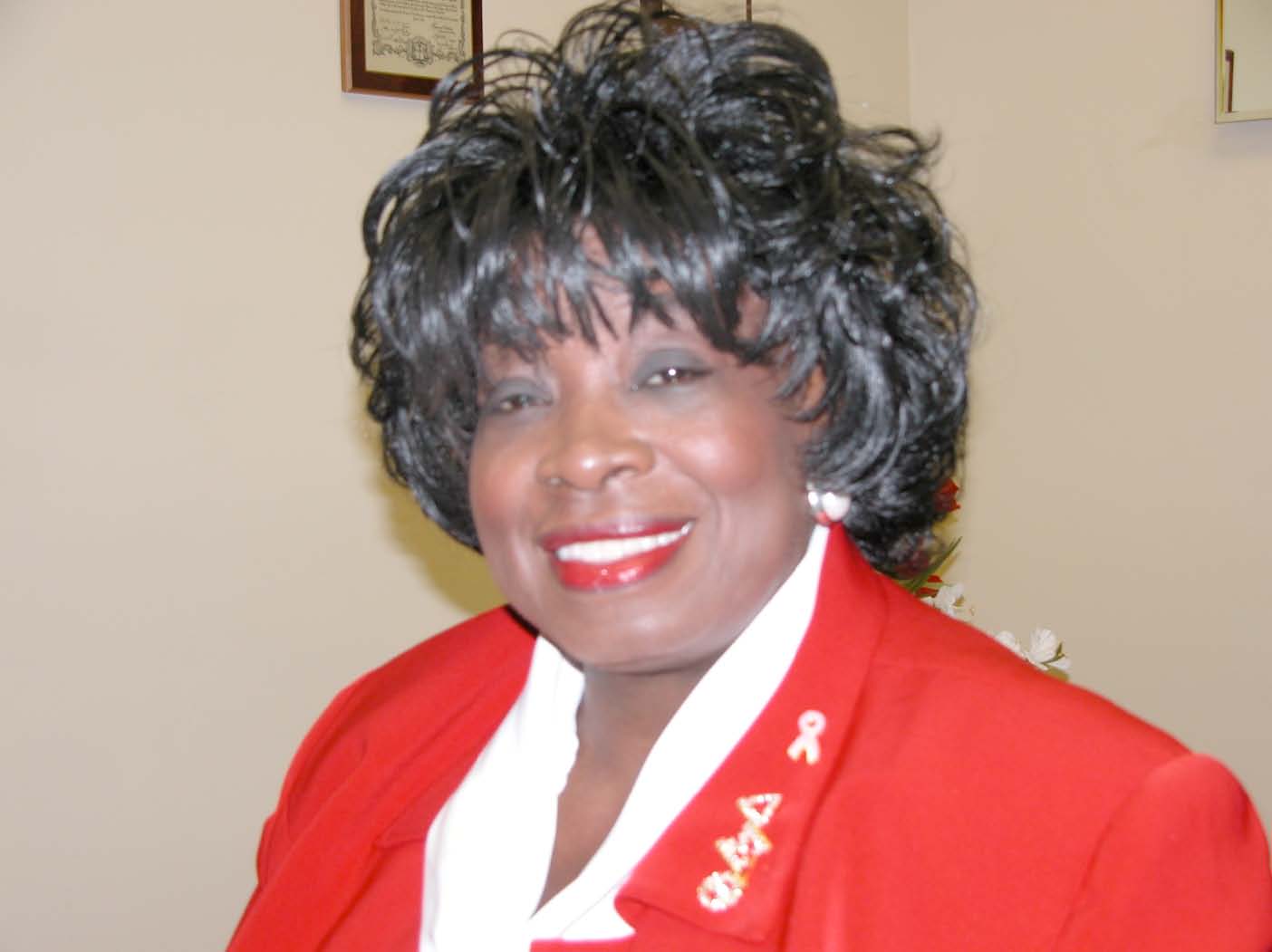The largest-ever population-based study of breast cancer in North Carolina is poised to begin the five year follow-up phase.

Researchers leading the Carolina Breast Cancer Study (CBCS) have enrolled the 3,000th participant for the study’s third phase, making it the largest-ever population-based study of breast cancer in North Carolina and one of the largest in the world. This milestone completes enrollment and initiates the five year follow-up.
Launched in 1993, the study aims to improve understanding of breast cancer, including why the disease’s fatality rate is higher in African-American women. Phase III will focus specifically on how treatment decisions, access to care, and financial or geographic barriers impact breast cancer outcomes and whether these outcomes are predictable or altered by genetic breast cancer subtypes. This recent enrollment milestone puts the total number of CBCS participants at over 7,300.
The latest study phase was named after the late Jeanne Hopkins Lucas. She was the first African-American woman to become a North Carolina state senator and she died of breast cancer in 2007. CBCS is conducted by the UNC Lineberger Comprehensive Cancer Center, UNC Gillings School of Global Public Health and UNC School of Medicine faculty with funding from the University Cancer Research Fund, the National Cancer Institute, UNC Breast SPORE and Susan G. Komen for the Cure®.
Participants were identified from a list of newly diagnosed breast cancer patients provided by the North Carolina Central Cancer Registry (NCCCR), which identifies and registers all new cancer diagnoses in the state. Participants were then selected through a scientifically sound, randomized process, and physicians were notified of the study’s intent to contact their patient.
“We are so grateful for the tremendous interest and cooperation from the women approached for the study and our network of physicians and health care providers across the state to connect us with their patients,” said Andy Olshan, PhD, the study’s principal investigator and associate director of population sciences at UNC Lineberger.
Study participants were interviewed in their homes by trained nurses regarding breast cancer risk factors, quality of life, and medical history. A DNA blood or mouth rinse sample was also taken to help determine genetic factors that women have that might change their risk of getting breast cancer or change their response to therapy. A sample of their tumor is also obtained to understand the molecular changes that occur in their individual tumor.
Researchers also requested the participants’ permission to access their medical records relating to breast cancer diagnosis and treatment, and to follow them for at least five years. All data will be held in strict confidence.
This landmark study, initiated 20 years ago by UNC Lineberger in the Breast Cancer SPORE grant, has changed the world’s thinking about breast cancer and associated risk factors. “Dividing the diagnosis of breast cancer into at least four subtypes allowed the first phases of CBCS to determine that younger African American women were more likely to have an aggressive breast cancer subtype. The findings also showed that outcomes and even risk factors such as childbearing, weight and alcohol differed by subtype,” said Shelton Earp, MD, UNC Lineberger Director. “CBCS III will delve deeper into the molecular genetics of subtypes in younger and older women and will follow women and their treatment. The findings will vastly improve our understanding of what works and what does not in community setting.”
“This type of data will help us understand how genetic factors in the person and their tumor interact with treatment and access to health care. We can ask questions as to what influences survival, complications and quality of life. Specific modifiable factors such as breastfeeding and physical activity that could lower a women’s risk of breast cancer are also being investigated,” said Olshan.
The study also aims to further investigate subtypes of breast cancer that may be associated with different risk factor and prognosis profiles, continuing discoveries made in earlier phases of the study.
“CBCS participants are the real heroes; they will be contributing to changing our understanding of breast cancer therapy for their sisters and daughters,” said Mary Beth Bell, MPH, who currently manages the study. “To celebrate the 3000th patient, we held four symposia for participants to learn more about the study this fall in Wilmington, Greenville, Concord and Chapel Hill.”
Data from earlier CBCS research were key to a 2006 finding by a UNC Lineberger team that included the late Dr. Robert Millikan, PhD, DVM, Charles Perou, PhD, professor of genetics and pathology, and Lisa Carey, MD, physician-in chief of the N.C. Cancer Hospital and chief of the Division of Hematology and Oncology in the Department of Medicine. They found that premenopausal African-American breast cancer patients have the highest prevalence of a subtype of breast cancer called “basal like” cancer.
View the CBCS informational video for more insight into the recruitment process of the study:
Date: Nov. 15, 2013
